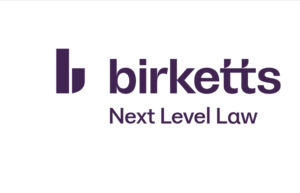Government outlines no deal arrangements for EU citizens

In the event of no deal, EU citizens will be able to enter the UK to visit, work or study after 29 March 2019. For stays longer than 3 months, European Temporary Leave to Remain will be required.
Home Secretary Sajid Javid has today set out provisions for EU citizens coming to the UK after EU exit in the event of a no deal.
If Britain leaves the EU without agreeing a deal, the government will seek to end free movement as soon as possible and has introduced an Immigration Bill to achieve this. For a transitional period only, EEA citizens and their family members, including Swiss citizens, will still be able to come to the UK for visits, work or study and they will be able to enter the UK as they do now.
However, to stay longer than 3 months they will need to apply for permission and receive European Temporary Leave to Remain, which is valid for a further 3 years.
EU citizens wishing to stay for longer than 3 years will need to make a further application under the new skills-based future immigration system, which will begin from 2021.
The information set out today also confirms that if there is no deal:
EU citizens arriving in the UK who wish to stay longer than 3 months and apply for European Temporary Leave to Remain will be subject to identity, criminality and security checks before being granted permission to stay for three years
non-EU family members who wish to accompany an EU citizen under these arrangements will need to apply in advance for a family permit
EU citizens will be able to enter and leave the UK as they do now, using e-gates when travelling on a biometric passport
the initial 3 months’ leave to enter for EU citizens will be free of charge but applications for European Temporary Leave to Remain will be paid for.
Fees will be set out at a later date
Irish citizens will not need to apply for European Temporary Leave to Remain and will continue to have the right to enter and live in the UK under the Common Travel Area
The Home Secretary has set out plans for a new single skills-based immigration system which will operate from 2021. It will enable employers to attract the skills they need from around the world, while ensuring net migration is reduced to sustainable levels.




